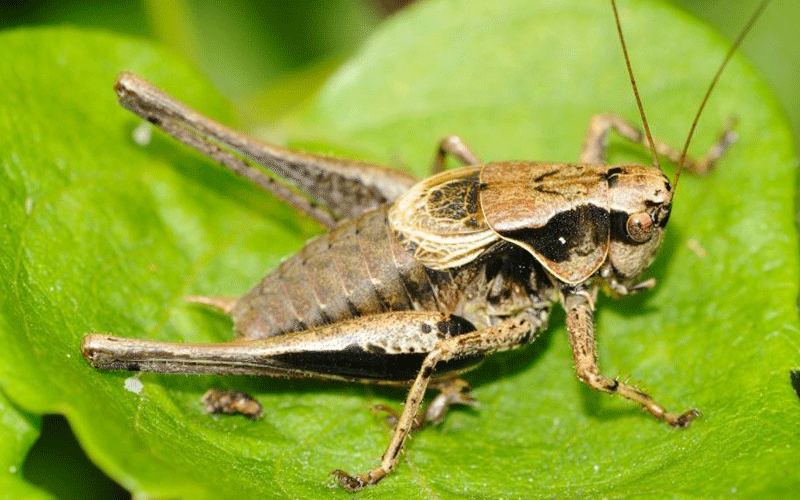Insects proven to be vital sources of cooking oils
By Mwangi Mumero, August 4, 2020Oils from desert locust and the African edible bush cricket may soon be used as human and livestock feed, research from the International Centre of Insect Physiology and Ecology (Icipe) now reveals.
The findings published in the Food Journal strengthens the case for the incorporation of insects and their additives into food and animal feed.
Researchers compared oils from olive and sesame crops with that from two grasshopper species that are commonly consumed in Africa, the desert locust (Schistocerca gregaria), and the African edible bush-cricket (Ruspolia differens).
“We found that in comparison to the plant oils, insect oils are richer in omega-3 fatty acids, antioxidants and vitamin E,” says Dr Xavier Cheseto, a scientist at the Nairobi-based Icipe.
Researchers found that in general, the fatty acids values in insect oils compare favourably with those known to be necessary for important physiological functions in people, including defense against pathogens, preventing heart diseases, anticancer and anti-inflammatory agents.
Previous research had reported similar findings, which showed consumption of desert locust could be good for people’s heart.
The study further showed that the insect contains a rich composition of compounds known as phytosterols which have cholesterol-lowering properties, thereby reducing the risk of heart disease.
Researchers report that the locusts currently ravaging the Horn of Africa can be harnessed and used productively.
Mass rearing of crickets can also attract entrepreneurs for oil production and tap into the global oil market expected to reach Sh14 trillion ($130 billion) by 2024.
Increasingly, insects are proving vital in the emerging food market- providing alternative sources of proteins and oils.
Insects are also pollinators, a catalyst to food productions globally. Others like bees provide honey while others help in breaking vegetation into manure.
More Articles

